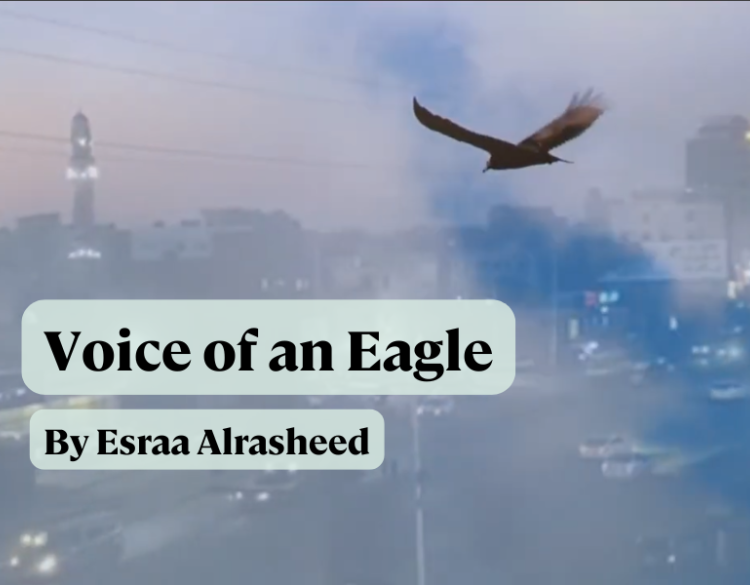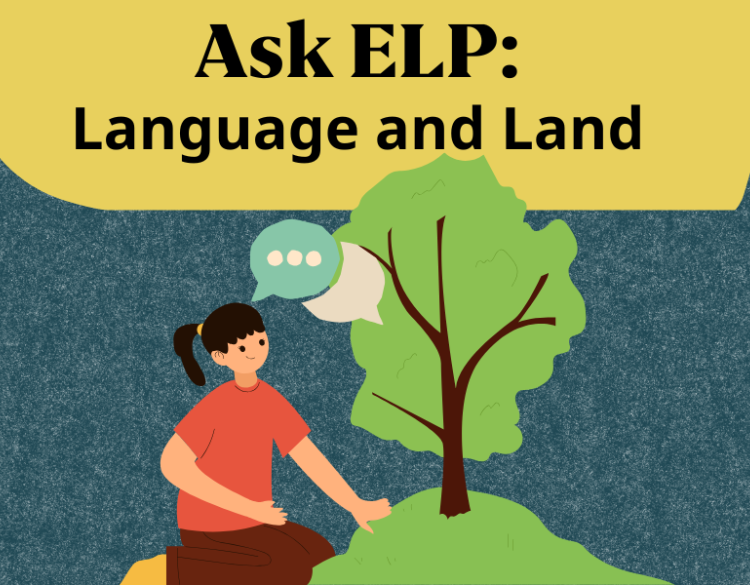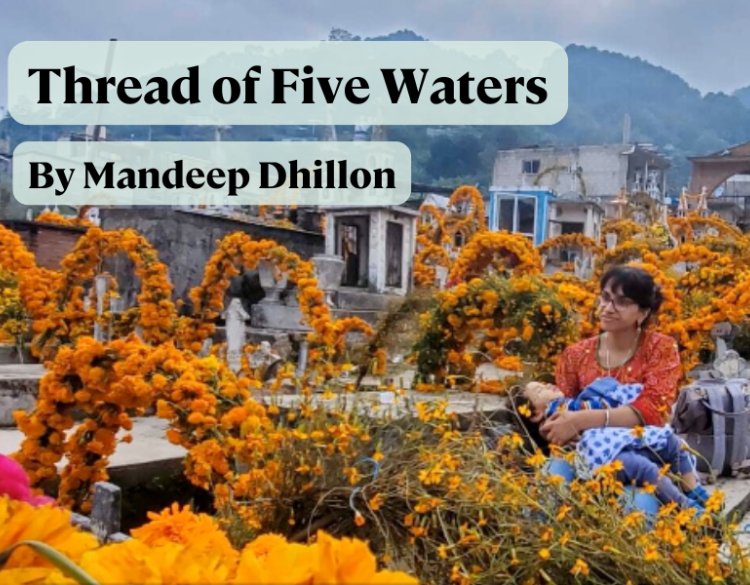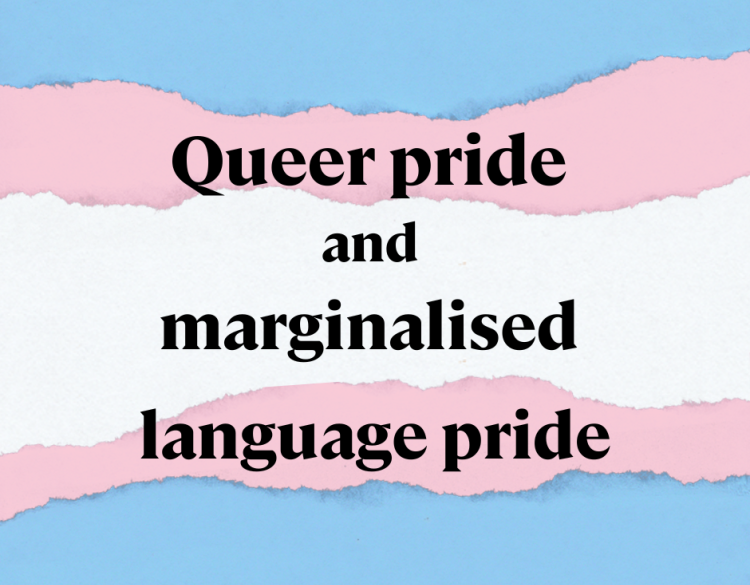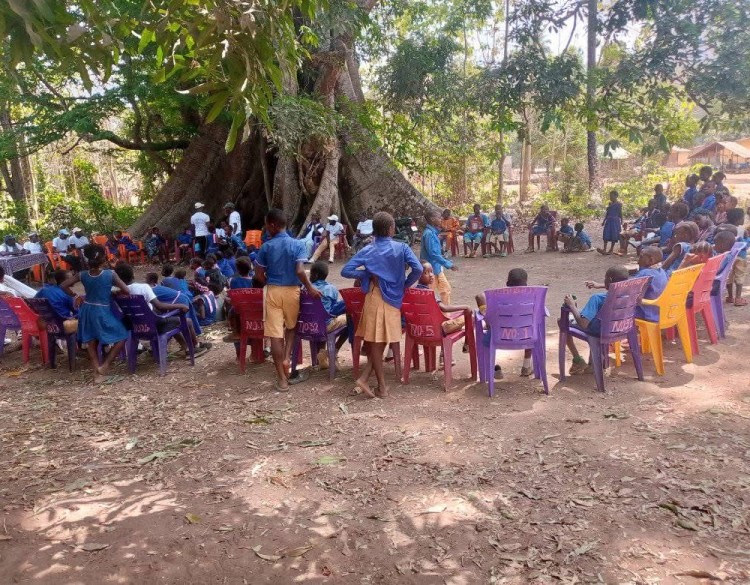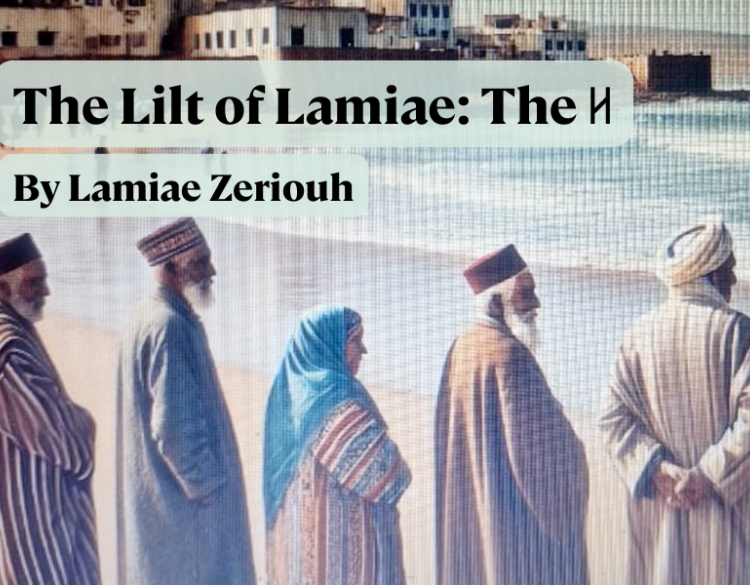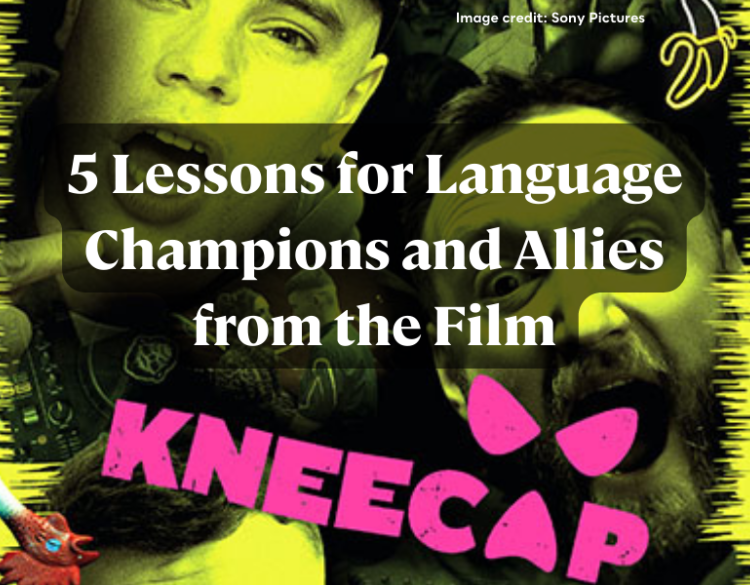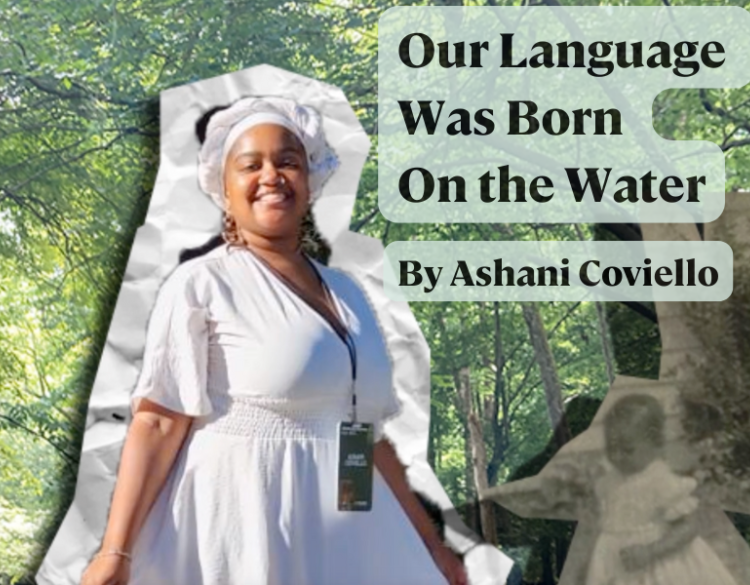Stories
Stories about language work from around the world.
All Posts
Results 1 - 9 of 70
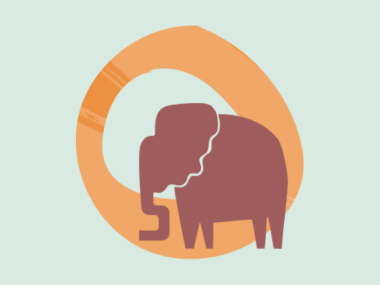
Training in Language Documentation and Revitalization
Training in Language Documentation and Revitalization
Submitted by
ELPPublished on:
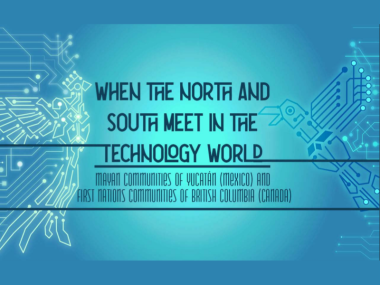
Technology
Technology
Social Media
Social Media
Online Learning
Online Learning
Creating Digital Materials
Creating Digital Materials
Radio and Podcasting
Radio and Podcasting
Submitted by
ELPPublished on:
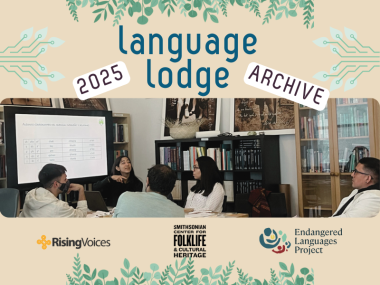
Poetry and Literature
Poetry and Literature
Creating Digital Materials
Creating Digital Materials
Social Media
Social Media
Submitted by
Emma Vadillo QuesadaPublished on:
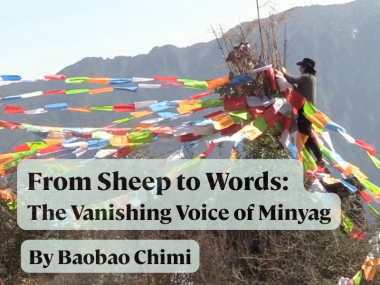
Film, TV, and Video
Film, TV, and Video
Stories, Oral Histories, and Personal Experiences
Stories, Oral Histories, and Personal Experiences
Submitted by
Baobao ChimiPublished on:

Ethics and Protocols
Ethics and Protocols
Submitted by
Alexandra PhilbinPublished on:

Ethics and Protocols
Ethics and Protocols
Submitted by
Alexandra PhilbinPublished on:

Ethics and Protocols
Ethics and Protocols
Submitted by
Alexandra PhilbinPublished on:

Ethics and Protocols
Ethics and Protocols
Submitted by
Alexandra PhilbinPublished on:

Ethics and Protocols
Ethics and Protocols
